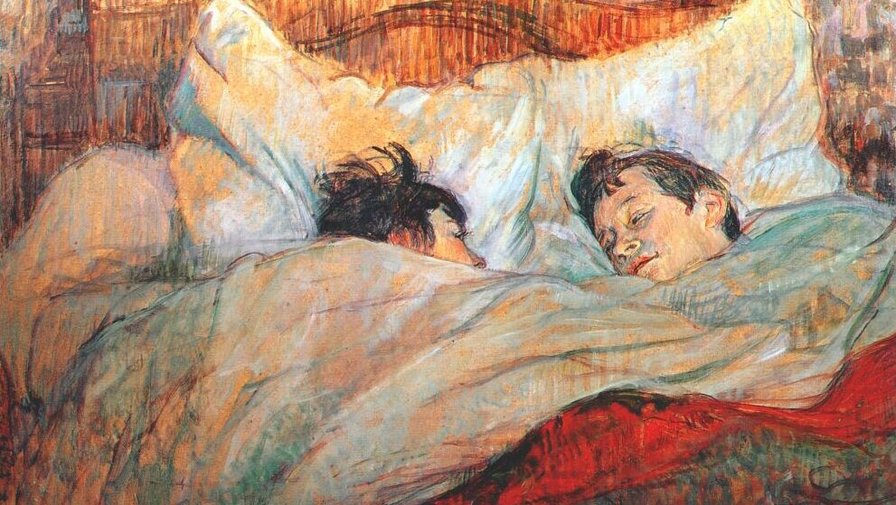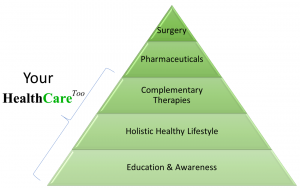Biphasic Sleep
 Waking up in the middle of the night has always seemed like a special punishment.. something Dad might do when William left his shoes at the kitchen table. However, biphasic sleep (or splitting sleep into two sessions) might be just be part of how humans have adapted.
Waking up in the middle of the night has always seemed like a special punishment.. something Dad might do when William left his shoes at the kitchen table. However, biphasic sleep (or splitting sleep into two sessions) might be just be part of how humans have adapted.
Segmented sleep—also known as broken sleep or biphasic sleep—worked like this:
- First sleep or dead sleep began around dusk, lasting for three to four hours.
- People woke up around midnight for a few hours of activity sometimes called “the watching.” They used it for things like praying, chopping wood, socializing with neighbors, and for sex. A 1500s character in Chaucer’s Canterbury Tales posited that the lower classes had more children because they used the waking period for procreation. In fact, some doctors recommended it for making babies. Ekirch found a doctor’s reference from 16th century France that said the best time to conceive was not upon first going to bed, but after a restful first sleep, when it was likely to lead to “more enjoyment” and when lovers were more likely to “do it better.”
- “Second sleep,” or morning sleep, began after the waking period and lasted until morning.Why and when it ended
Given that we spend a third of our lives in slumber, it is odd that so little is known about our early sleep habits, though Ekirch says that writings prove people slept that way for thousands of years. If for no other reason, someone had to wake in the middle of the night to tend to fires and stoves.
Author Craig Koslofsky suggests in Evening’s Empire that before the 18th century, the wee hours beyond the home were the domain of the disreputable, and so the watching was all the nighttime activity anyone wanted. With the advent of modern lighting, though, there was an explosion in all manner of nighttime activity, and it ultimately left people exhausted. Staying up all night and sleepwalking through the day came to be viewed as distastefully self-indulgent, as noted in this advice for parents from an 1825 medical journal found by Ekirch: “If no disease or accident there intervene, they will need no further repose than that obtained in their first sleep, which custom will have caused to terminate by itself just at the usual hour. And then, if they turn upon their ear to take a second nap, they will be taught to look upon it as an intemperance not at all redounding to their credit.” Coupled with the desire for efficiency promoted by industrialization, the watch was increasingly considered a pointless disruption of much-needed rest.
For more please see: Biphasic sleep: Should you sleep in two shifts? | Big Think
Our Model




